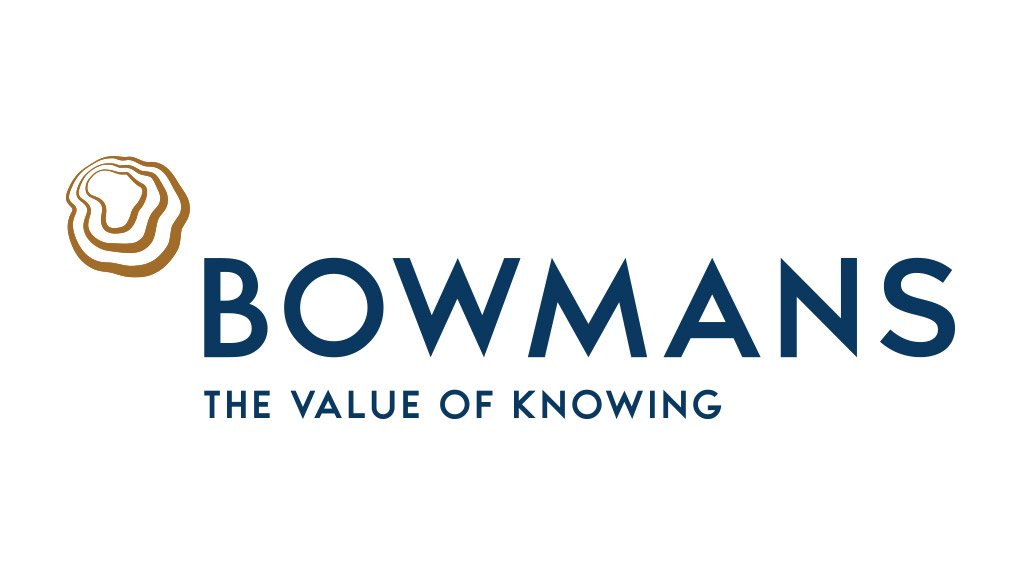First-of-kind utility scale transactions through the Southern African Power Pool (SAPP) platform are currently underway, signalling the emergence of a regional private electricity market that does not rely on public sector guarantees. This is important.
SAPP is a regional electricity power pool established in 1995 to create a common power grid and electricity market for Southern African Development Community countries. It currently includes 12 member countries: Angola, Botswana, the Democratic Republic of Congo, Eswatini, Lesotho, Malawi, Mozambique, Namibia, South Africa, Tanzania, Zambia and Zimbabwe.
The SAPP Association permits any business that generates power and has access to transmission and distribution lines to be a member, with the ability to provide electricity into the broader power pool. Until recently, however, only state utilities have been members of the SAPP.
In South Africa, amendments to the Electricity Regulation Act, which came into force in 2021, paved the way for the implementation of private power generation projects of up to 100 MW without the need for generation licences. It also made provision for third parties to access the country’s transmission and distribution network. These regulatory developments further liberalised generation and opened up the once vertically integrated electricity sector in the country. They also started a shift towards purely private sector driven development of generation assets.
Now, the SAPP platform offers the potential to expand the market size for new private sector generation capacity to a much larger regional market across Southern Africa. An African power market that responds to the demand for power without relying on government fiscal support may be emerging.
In this respect, we are seeing some important developments in the region. For the first time, a generator based in the SADEC region is developing a utility scale solar PV generation facility that will evacuate electrons into SAPP for trading on the competitive power markets.
Unlike traditional power projects with long term power purchase agreements, this arrangement will rely on a dynamic trading relationship where a licensed market participant provides trading services to an energy generator. This will enable the generator to access multiple SAPP market platforms, including the Day Ahead Market, Forward Physical Markets, and IntraDay Market, based on a jointly agreed trading strategy.
It takes imagination and focus, both from the developer and the financiers, to make this sort of first-of-kind transaction work – what we are seeing across all sides of the table of the players working to make this work is nothing short of it.
When this transaction completes, it will represent a significant departure from conventional offtake models, offering a flexible, market-driven approach to cross-border energy trading in the region, enhancing supply and distribution of electricity across African borders. The unique business model is expected to play a pivotal role in how agreements are structured within the SAPP going forward.
Written by Allen Leuta, Head of Banking and Finance, and Bavesh Pillay, Partner, Bowmans
EMAIL THIS ARTICLE SAVE THIS ARTICLE ARTICLE ENQUIRY FEEDBACK
To subscribe email subscriptions@creamermedia.co.za or click here
To advertise email advertising@creamermedia.co.za or click here











